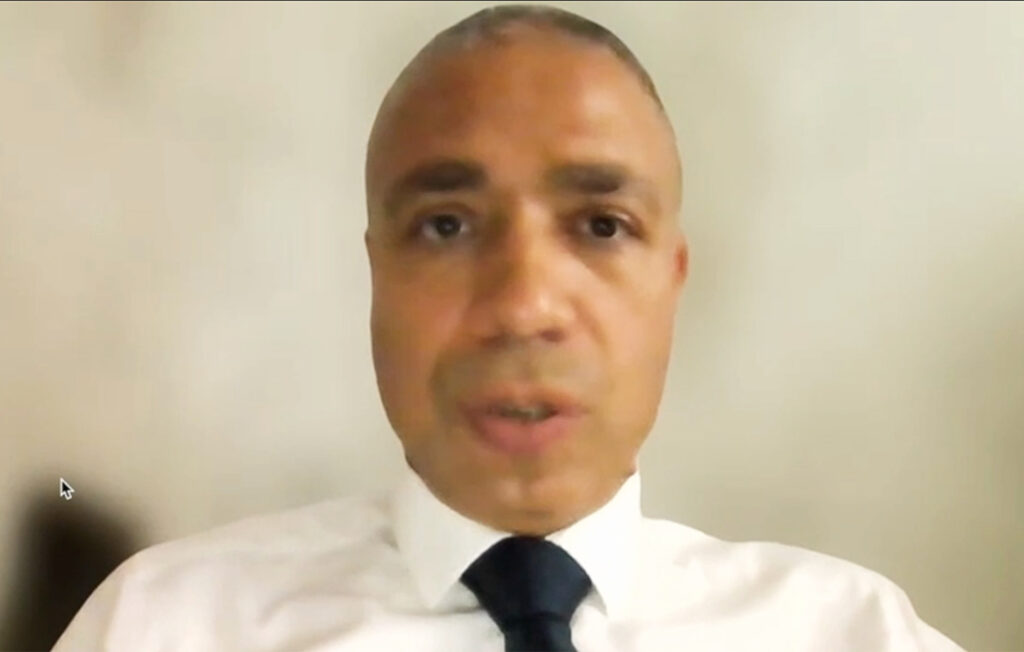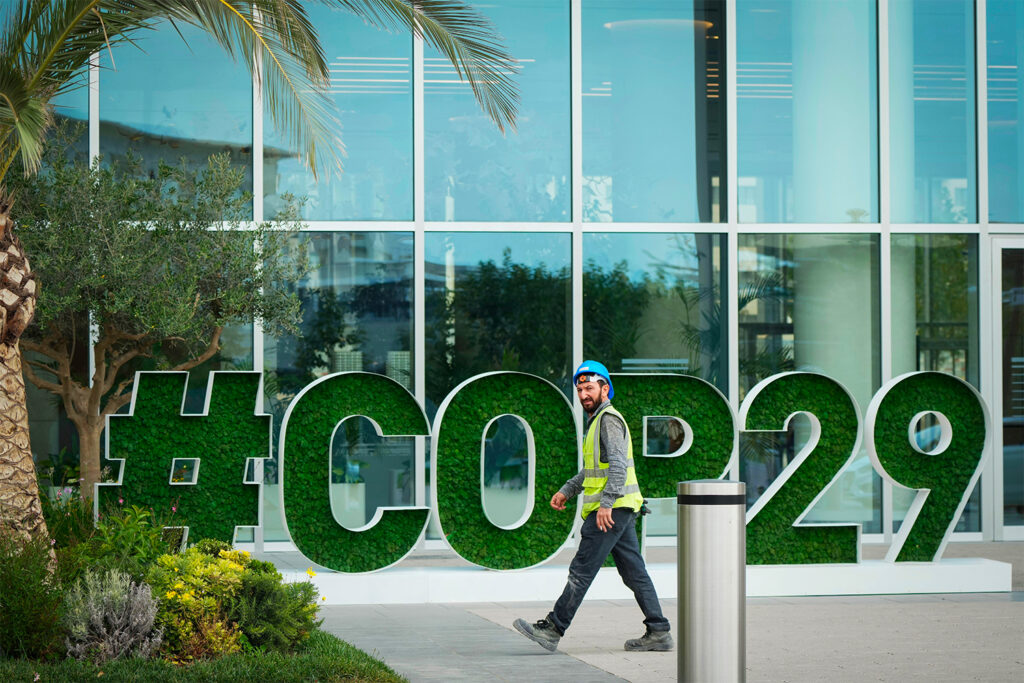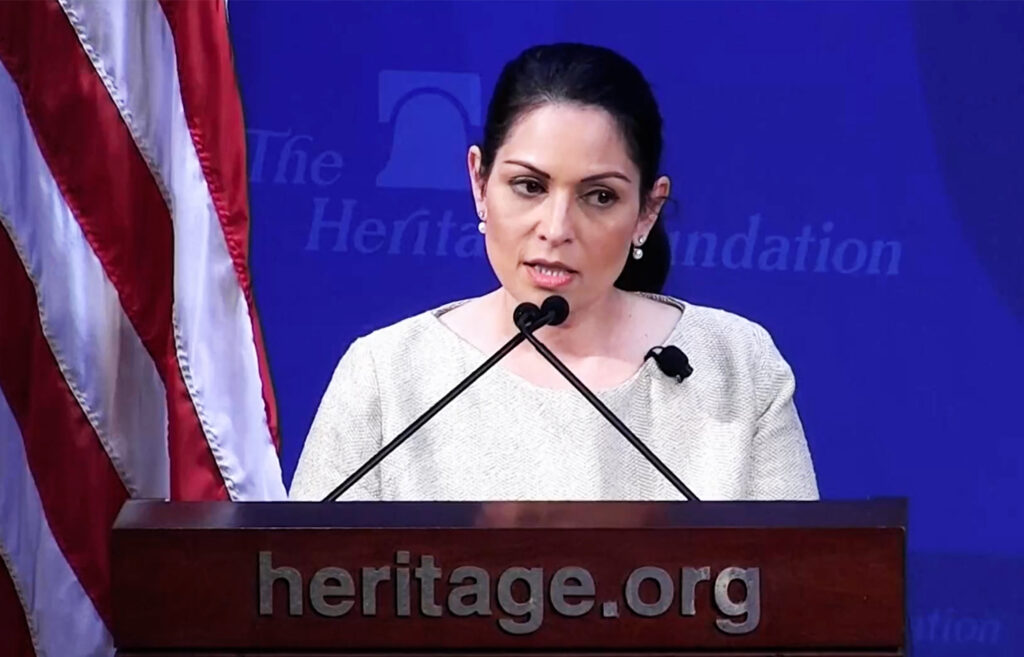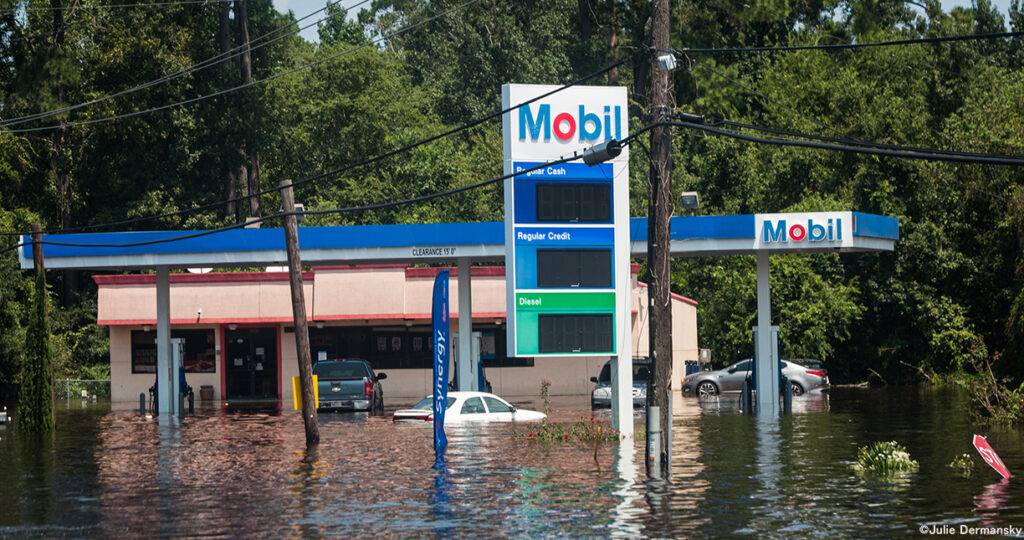The fake “scientific” controversy that has broken into the Canadian news media in the past week is another pained example of the industry-driven disinformation campaign that has so long characterized the climate change conversation in the United States. We should recognize it for what it is and dismiss it, quickly and decisively, in Canada.
The controversy began with a letter that 60 “accredited experts” signed and sent to Prime Minister Stephen Harper calling for inaction on climate change. And yes, you read that right: INaction. These experts took pains to argue that the scientific theories of climate change are still too shakey to justify government intervention. They said, for example, that “observational evidence does not support today’s computer climate models.”
That statement falls comfortably into the category of a barefaced lie. Scroll down a couple of posts or click here to look at the Climate Backgrounder that accompanied a second letter to the Prime Minister, this one signed by 90 of this country’s most reputable and accomplished climate scientists. What you will see is that the only time “observational evidence” is at odds with today’s climate models, it suggests that the situation is worse than we feared. Climate change is occurring; humankind is responsible; and we must act – urgently – to prevent the worse-case scenario.
The question this raises is this: given what is probably the most decisive scientific consensus in history, who (in their right minds?) would stand up and declare climate change a fairy story? There are three answers:
1. Scientific Iconoclasts: these people are so locked in their habits of (sometimes-legitimate) scientific scepticism that any time a crowd begins to gather around a particular theory, they assume an opposing position. These people are dangerous in this instance, but probably not lazy, stupid or unethical.
2. Lazy Pseudo Experts: this category includes the economists who have calculated a high cost of addressing the challenge of climate change – without bothering to calculate what might be the much more devastating cost of risking a global climatic upheaval that could threaten billions of earth’s inhabitants. They will tell you, accurately, that Canada’s current commitments under Kyoto accord, while potentially expensive, will hardly have any effect in turning the tide. They will complain, accurately, that India and China are not signatories to the accord, a circumstance that must surely channge. What they ignore is the first rule of getting out of a hole: stop digging.
3. Self-interested Scoundrels: this is the group we must most fear. These are people who argue, on behalf of the fossil fuel industry, that the status quo is sustainable – or that some as-yet unimagined solution will save us down the road. These are people, backed by industry-funded think tanks like the George C. Marshall Institute, the Cato Institute or the Competitive Enterprise Institute, who argue that the voice of the people, as enunciated by elected government, should never be heard over the roar of commerce. These are people who will set up phoney scientific debates, not because they hope to win, but only because they know that a public paralysed by doubt will stop short of demanding government action. ExxonMobile and Peabody Coal will be able to cream another year’s worth of profit without the irritation of looking at the cost the earth will pay for their arrogance and shortsightedness.
More than just possible, it is entirely likely that well-meaning individuals will get caught up in this “climate sceptic” mob. (One thoroughly reputable mathematician has already broken with the group of 60, saying that he was misled by their intent.) But the stakes are too high to allow this pointed and strategic disinformation campaign to stand.
Read the Climate Backgrounder or any of the material under Is Climate Change Real? You will see a powerful – undeniable – scientific consensus that suggests our world hangs in the balance. If a “climate sceptic” tells you otherwise, be sceptical. Ask yourselves which of the three categories might fairly describe that sceptic’s position. Then speak up. The world, perhaps a little expensive in the short term, is well worth saving.
Subscribe to our newsletter
Stay up to date with DeSmog news and alerts






